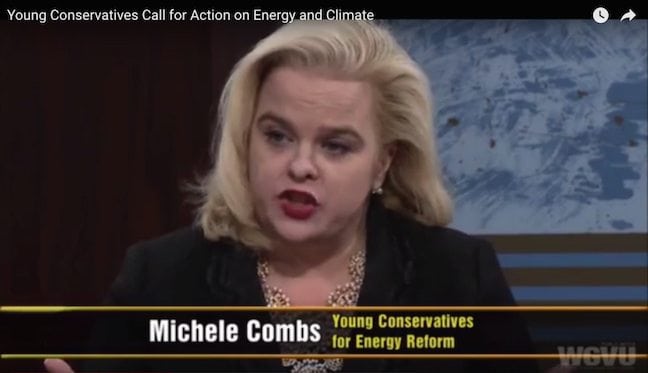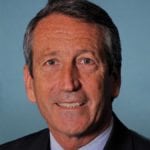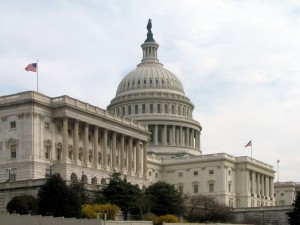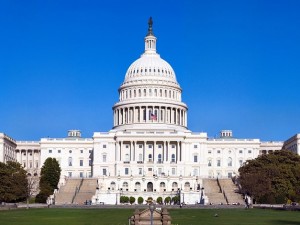
Michele Combs, the founder of Young Conservatives for Energy Reform, said young Republicans view climate protection “as a core value issue.”
By D.R. Tucker
When it comes to clean energy, it looks like future generations are stepping up to protect future generations.
According to a new poll commissioned by the group Young Conservatives for Energy Reform, 85 percent of young Republicans – 18 to 35 – believe the world is getting warmer — and 77 percent believe human activity plays a significant role in the warming. The poll also found that 55 percent of respondents either strongly or somewhat support the Paris climate agreement to reduce international carbon emissions; 73 percent have a favorable view of the clean-energy industry; and 59 percent have a positive view of the Environmental Protection Agency.
The most significant findings are that 72 percent of respondents either strongly or somewhat support “encouraging the private sector to solve energy problems through innovation and technology while blocking any top-down, one-size-fits-all approach from [the] Federal Government.” A carbon-based fuels tax that is “revenue-neutral” in terms of its structure was either strongly or somewhat supported by 58 percent.
According to Michele Combs, the founder of Young Conservatives for Energy Reform, “[Y]oung Republicans embrace this issue,” viewing climate protection “as a core value issue.”
In late-September, Combs’s group and the Christian Coalition jointly held the 2016 Conservative Clean Energy Summit, which featured appearances by South Carolina Senator Lindsey Graham, Iowa Senator Chuck Grassley, Iowa Representative David Young and South Carolina Representative Mark Sanford, who recently signed on to the

Mark Sanford
Gibson Resolution calling on the House to address human-caused climate change.
Rep. Sanford noted at the Summit that “conservatism ought to apply to more than financial resources; it ought to apply to all resources. You’ve got to include a broader definition of what it means to be a conservative.” Sanford has been a consistently strong Republican voice for climate action: nearly a decade ago, Sanford, then the governor of the Palmetto State, observed:
For the past 20 years, I have seen the ever-so-gradual effects of rising sea levels at our farm on the South Carolina coast. I’ve had to watch once-thriving pine trees die in that fragile zone between uplands and salt marshes. I know the climate change debate isn’t over, but I believe human activity is having a measurable effect on the environment. The real “inconvenient truth” about climate change is that some people are losing their rights and freedoms because of the actions of others — in either the quality of the air they breathe, the geography they hold dear, the insurance costs they bear or the future environment of the children they love…
Conservatives must respond to climate change with innovation, not regulation. This means encouraging private research and implementation of more eco-friendly construction, more energy-efficient workplaces and more sustainable ways of going about life — all of which cuts costs and protects God’s creation…I am a conservative conservationist who worries that sea levels and government intervention may end up rising together. My earnest hope going forward is that we can find conservative solutions to the climate change problem — ecologically responsible solutions based on free-market principles that both improve our quality of life and safeguard our freedoms.
Rep. Sanford, his Republican colleagues in the House and Senate, Young Conservatives for Energy Reform and the young Republicans who support action on climate change can be expected to push back against the narrative that predicts economic Armageddon if market-based actions to reduce carbon pollution are pursued in Congress. The promoters of this narrative are presumably chagrined by these polling results, and the increased efforts to close the partisan divide on climate in the United States. If Republicans who are more chagrined by a changing climate amplify their voices in the arena of public opinion, then a solution to the problem of carbon pollution could come sooner than we think.




